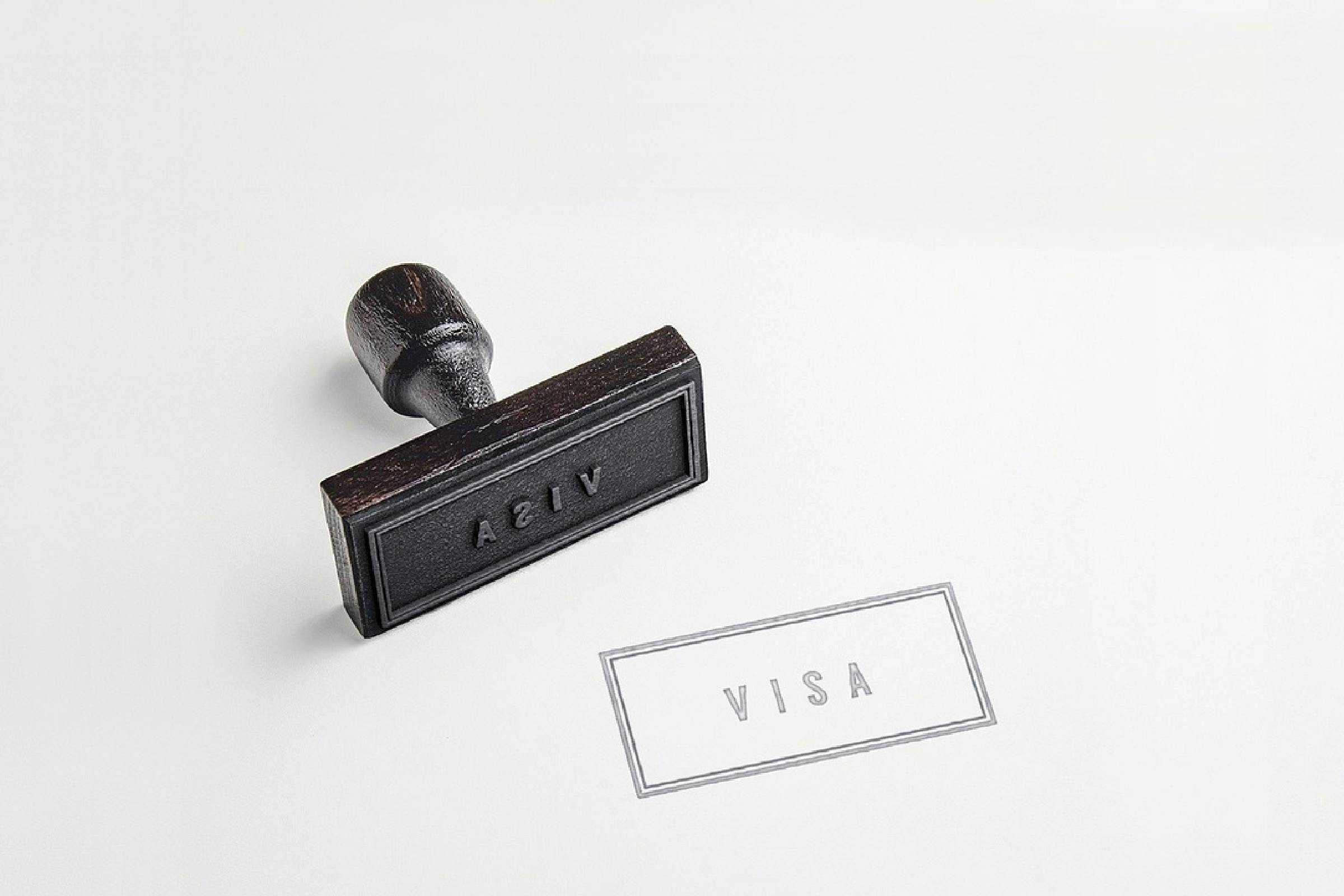The H-1B Work Visa Cap
The benefits of an H-1B visa are more numerous than most other visa categories. If you fit the requirements of a skilled worker in a specialty occupation, it's relatively simple to get approved for this document — but your registration has to make it through the random lottery selection process first.
Because of the high demand and the low number of spots available, USCIS implemented the lottery process to fairly choose which registrations are sent for further processing. Out of the total registrations submitted correctly by the end of the window, 65,000 are chosen. However, if you have a master’s degree or higher, your registration has an extra chance of selection. USCIS allows an extra 20,000 registration spots for those who have these advanced degrees.
If your registration isn’t one of the 65,000 chosen in the first lottery, it is placed in the master’s pool. There, you get another, better chance of being selected, as your registration is now in with a smaller number of applicants.
Registering Your Registration for the Master’s Quota
Before the window closes, those with advanced degrees from an official, accredited US institution must register as a beneficiary on the USCIS online portal. These registrants automatically get entered into the lottery system. If selected, the worker and employer will advance to the next level, where they complete the full petition process.
Once you’re registered timely and correctly, whether you have an advanced degree or not, you’re immediately entered into the regular cap lottery selection. You’ll have the chance of being selected for one of the 65,000 registrations chosen for further processing, although this does not mean you’re automatically going to receive the visa. You must first go through the paperwork, background screening, and other USCIS and Embassy/Consulate requirements.
Unlike bachelor’s degree holders, if your registration is not chosen during the regular cap lottery, you’re not done yet! Now, your advanced degree qualifies you for a second opportunity to be selected. You and the other master’s registrations are placed in a master’s cap lottery pool, where your chances of selection increase up to 16%.
Your odds are much greater here for multiple reasons. There are fewer individuals with advanced degrees, to begin with, and some of those “competitors” for the visa will be chosen during the regular cap. This narrows your chances down greatly to you and the few other similar registrants, and there are 20,000 of these visas available.
Qualifications for Advanced Degree Pools
Registrants for an H-1B master’s degree exemption must meet specific requirements. The degree has to be from an institution accredited by a nationally recognized accreditation agency. The school must be public or non-profit.
Many foreign workers find that the institution they attended was unaccredited or the university was attempting the accreditation process while the student was in school, but it was never completed. Before investing in an H-1B visa, verify that an agency accredits your college institution that USCIS will accept.
If you’re not sure how to do this, check the USCIS website or contact an immigration legal expert like Visa2US. Otherwise, your visa will be denied for non-accreditation. You won’t be in the masters or the regular cap lottery. However, your immigration attorney can suggest other avenues you may qualify for to get into the US.
Understanding the Master’s Cap Process
The lottery system has been in place for years but is always subject to change. Currently, the master’s exemption cap works like this:
● Qualified registrations are entered into the ‘regular’ H-1B candidate pool.
● At the close of the registration window, 65,000 registrants are selected (not counting those with unique situations, such as the petitioners from Singapore and Chile, who fall under another category).
● USCIS moves those with advanced degrees who were not selected in the initial pool into a second computer-generated lottery. Twenty-thousand of these petitioners are chosen.
At the end of that simple process, USCIS will send letters to those selected and change everyone else's online portal status to "not selected."
What’s Next?
So you have a chance to increase your selection odds with your master’s degree. The next step is to ensure all your paperwork is submitted correctly and your degree is from an accredited university. Our legal experts at Visa2US are ready to help you!
You’re competing with hundreds of thousands of other registrants. Getting your registration filed timely and correctly is crucial to your success. Let us guide your steps and answer your questions. And when you’re petition is chosen, we’ll make completing the multiple levels of paperwork a breeze.
Contact our immigration law professionals at Visa2US 24/7 and see how we can increase your chances of obtaining an H-1B visa.














